
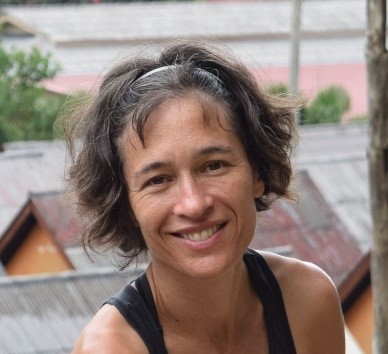 Tanya O'Garra
Tanya O'Garra
President
Tanya is an environmental economist with over fifteen years’ experience conducting research on the valuation of ecosystem services and the collective management of shared natural resources. Her current research uses experimental and quasi-experimental methods to estimate the causal impacts of community-based resource management and climate adaptation projects. Tanya is particularly interested in identifying the mechanisms through which interventions lead to impact (as well as those that weaken impact) - and to use this information to develop robust theories of change to guide conservation and natural resource management decisions.
 Alex Caruana
Alex Caruana
Virtual seminar series coordinator
Alex is a PhD student at the University of Oxford’s Interdisciplinary Centre for Conservation Science (ICCS). His work focuses on counterfactual theory and applying different counterfactual approaches to assess the impacts of conservation interventions. His current research focuses on the theoretical foundations of counterfactual study designs, particularly the core assumptions underpinning causal inference and the applicability of robust sensitivity analyses for hidden confounders. Additionally, he is interested in understanding the barriers to counterfactual adoption among conservationists to make these methods more accessible.
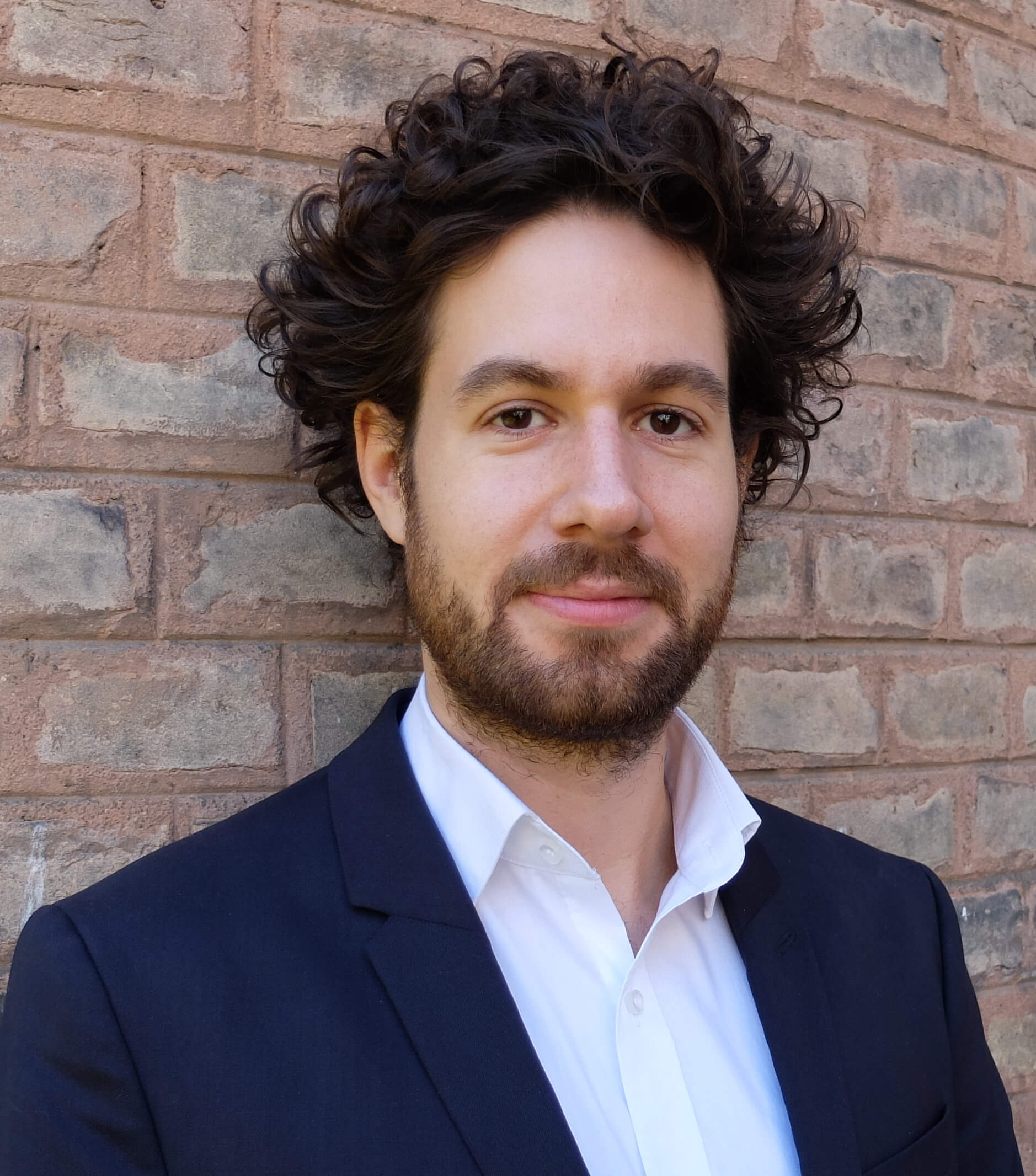 Elías Cisneros
Elías Cisneros
Mentoring Program coordinator
Elías is an Assistant Professor of Political Economy and Sustainability at The University of Texas at Dallas (UTD). His research centers on the causes and consequences of land-use change, environmental degradation, and conflict. He combines remotely sensed high-resolution data with market and political shocks to investigate human behavior and the transformation of landscapes. His research on role of local political incentives in deforestation for agricultural production in Brazil, Indonesia, and Peru shows how local governments are significant drivers of land conversion, corruption, and violent social conflicts. Before joining UTD in 2023, he earned his PhD from the University of Bonn in 2017 and was a postdoctoral researcher at the University of Göttingen and the University of Texas at Austin. Elías is in charge of the IEWG Mentoring Program, and supports the #TuesdaysWithTeamcounterfactual seminar series.
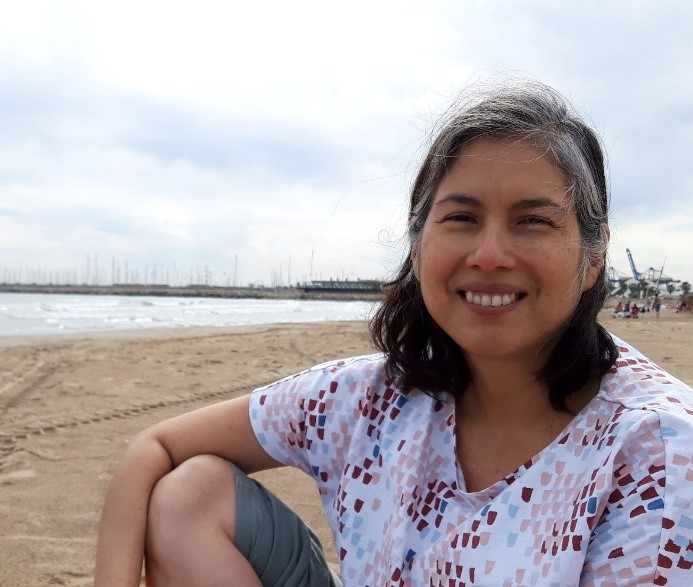 Caterina Cosmopolis-del-Carpio
Caterina Cosmopolis-del-Carpio
Member-at-large
Caterina is a PhD candidate at the University of Sheffield’s Grantham Centre for Sustainable Futures in the UK. Her current research project uses quasi-experimental methods to understand the causal links between poverty-related policies and biodiversity conservation in the Peruvian Amazon. Recently, she has become interested in some aspects of political ecology research (i.e., human-nature interlinkages, power relationships, environmental justice) and would like to explore the subject more under the impact evaluation lens. Caterina is in charge of Program and Conference Planning.
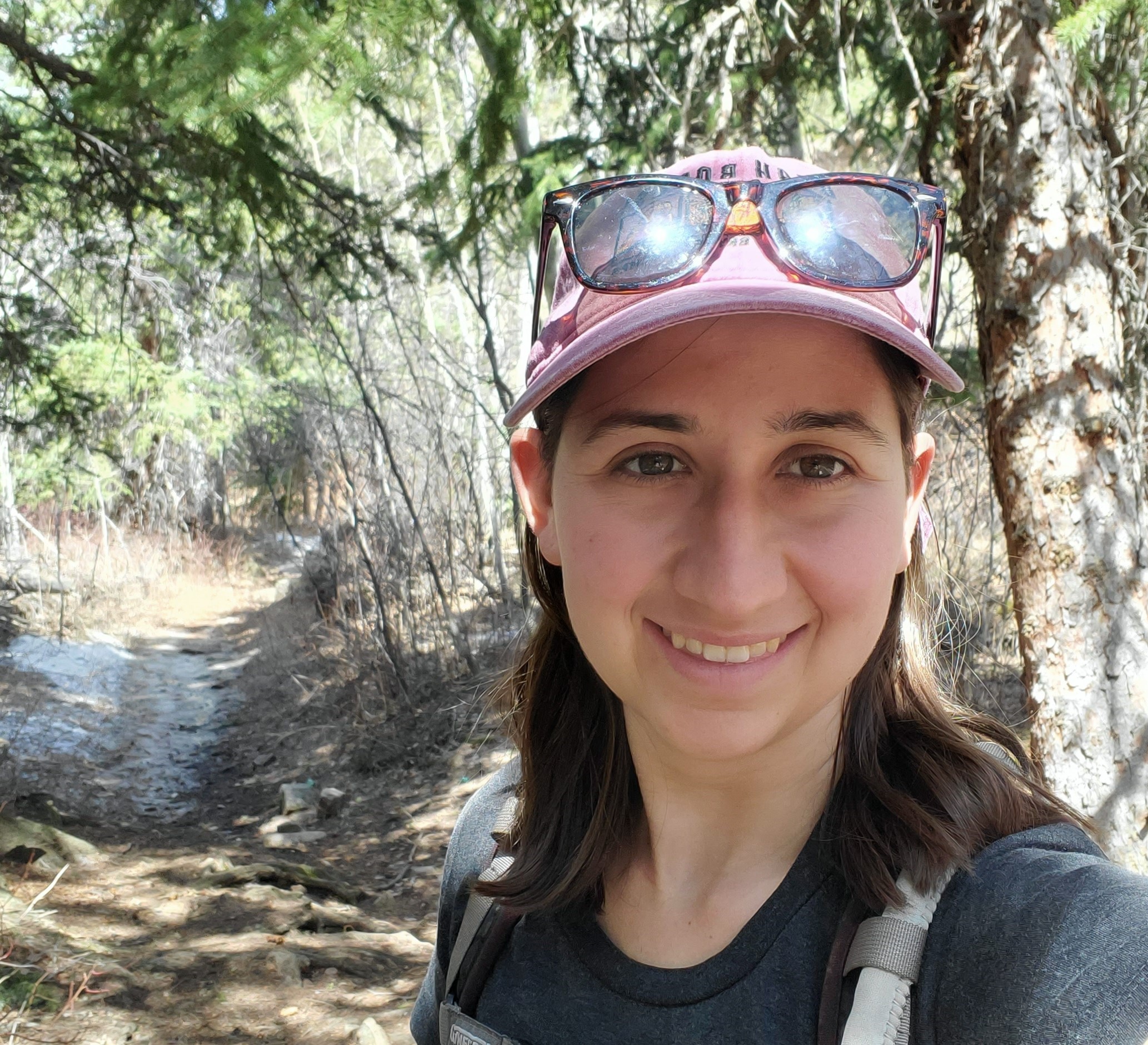 Megan Kocina
Megan Kocina
Secretary
Megan is the Forest Mitigation Coordinator for the Coalition for the Upper South Platte, a nonprofit focusing on improving local watershed health. Currently, she manages conservation projects related to forest health, wildfire risk reduction, habitat improvement, water quality, education, and outreach. Her background includes 8 years as a researcher and practitioner in the fields of conservation and disaster response, both locally and internationally. She has worked with organizations such as the Durrell Institute of Conservation and Ecology, Team Rubicon, Colorado State University, and several different parks services to improve conservation and community development outcomes, evidence-based decision making, and improved communication structures between local people and larger entities.
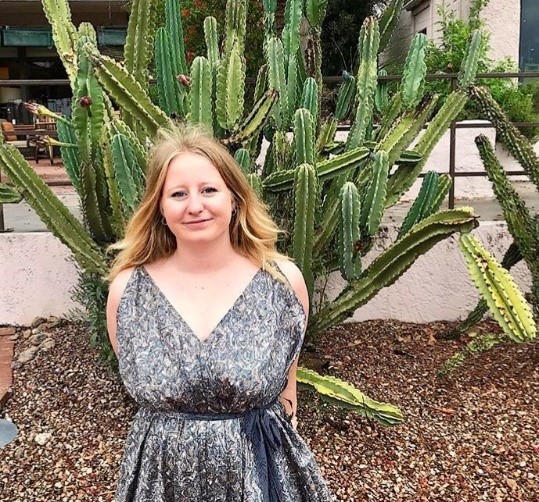 Rachel Martin
Rachel Martin
Social media and communications coordinator
Rachel is a Technical Manager at the Nature Positive Initiative leading their efforts on state of nature indicators, and DPhil at the University of Oxford, studying the detection and attribution of global nature-positive outcomes as it relates to economic sectors and actors. She has an interdisciplinary background, with particular interest in endangered species conservation, systems change, evidence-based decision making, and methods for determining impact of past, present, and future conservation interventions. Rachel is in charge of Communications for the Working Group, and supports the #TuesdaysWithTeamcounterfactual seminar series.
 Renzo Giudice
Renzo Giudice
Virtual seminar series coordinator
Renzo is a postdoctoral researcher at the Center for Development Research at the University of Bonn, specializing in environmental economics, policy evaluation, and geospatial analysis. He brings over two decades of experience in forest and biodiversity conservation, with a strong focus on assessing the effectiveness of conservation initiatives using rigorous impact evaluation methods. His current research applies causal inference techniques to assess the role of biodiversity on agricultural productivity, livelihoods, and promoting sustainable development in the Amazon Basin. Renzo has collaborated with international organizations such as GIZ, KfW, and the Moore Foundation, as well as public institutions like the Peruvian Ministry of Environment. He has led projects on monitoring, reporting, and verification (MRV) for REDD+ activities and the development of forest monitoring systems. He is passionate about bridging science and policy to support evidence-based decision-making that advances nature conservation outcomes.
Past Members
Sebastian Costedoat
Johanna Eklund
Claudia S. Polo-Urrea
Megan Barnes
Louise Glew
Johan Oldekop
Duan Biggs
Jonas Geldmann
Beth Algood
Edwin Pynegar